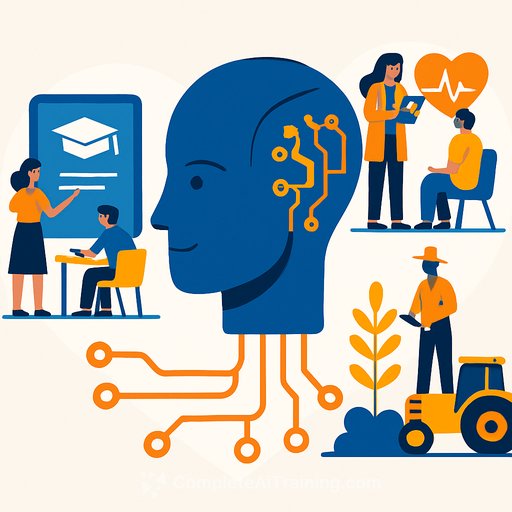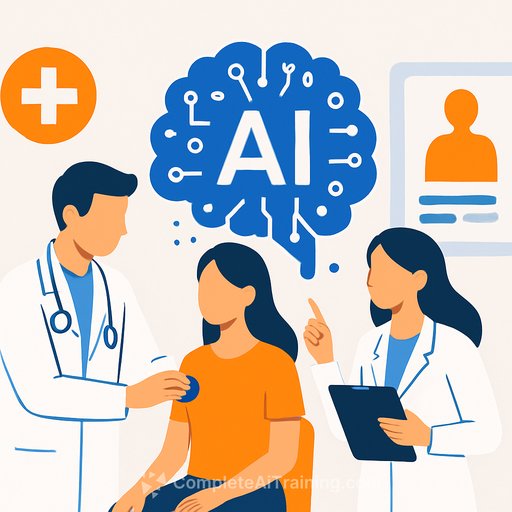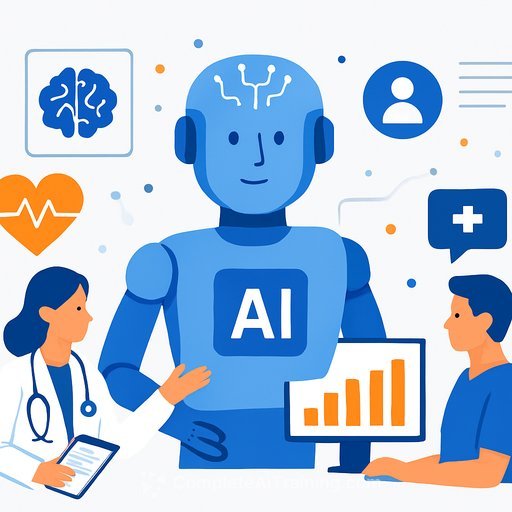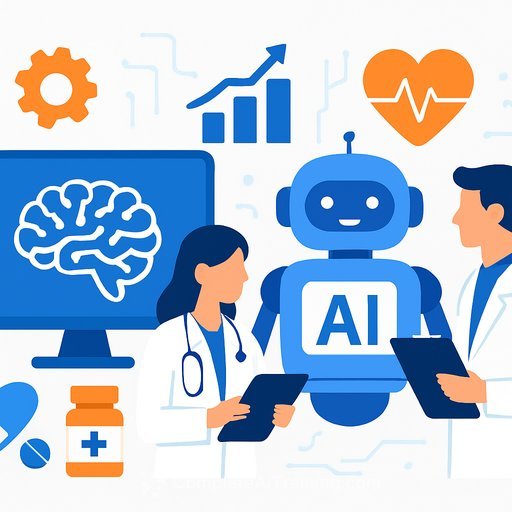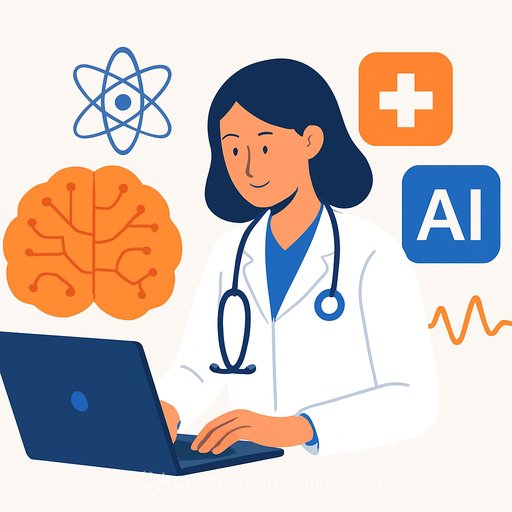AI’s Role in Driving Social Impact in Healthcare, Education, and Agriculture: Insights from ASSOCHAM
The 8th Global AI Leadership Meet 2025, hosted by ASSOCHAM, brought together industry leaders to discuss the opportunities and challenges India faces with artificial intelligence. Manish Singhal, secretary general of ASSOCHAM, emphasized that AI has the potential to make the most significant social impact in three key sectors: education, healthcare, and agriculture.
Singhal highlighted the importance of global collaboration, especially in semiconductor technology, pointing out that no country can be fully self-reliant in this area. India is building its semiconductor ecosystem but must complement it with international partnerships to stay competitive. This approach is vital for supporting AI development and deployment across sectors.
Building Trust Through Responsible AI in Healthcare
For healthcare professionals, the responsible implementation of AI is crucial. Singhal stressed that AI adoption should be done in a way that earns the trust of patients and providers alike. Trustworthy and transparent AI systems can improve diagnostics, patient care, and healthcare management, but only if they are deployed with ethical considerations in mind.
There is apprehension around AI, but events like this aim to foster a positive outlook by focusing on how AI can responsibly improve healthcare outcomes. Trustworthiness in AI can help overcome resistance and accelerate adoption in clinical settings.
India’s AI Strengths and Challenges
Sandeep Dutta, chief practice officer, APAC at Fractal, pointed out that AI is influencing not just economies and businesses but also global geopolitics. India holds an advantage with one of the largest pools of AI talent and a vibrant startup ecosystem, second only to Silicon Valley.
However, Dutta noted a significant gap in original AI research. India has produced around 85,000 AI research papers in the last decade, which is low compared to China’s 450,000 and the United States’ 320,000 to 330,000. Moreover, India’s contribution to top global AI conferences is only about 1.5%. This gap limits India’s ability to develop proprietary AI products and solutions.
Collaboration and Innovation as the Way Forward
Dutta emphasized the need for stronger partnerships between government and the private sector. He also stressed the importance of developing a semiconductor industry to ensure long-term independence while maintaining global collaborations to source critical components.
For healthcare professionals, this means that the AI tools and technologies they rely on can become more tailored and effective if India strengthens its local innovation ecosystem. Combining domestic research with international cooperation could lead to AI breakthroughs that improve healthcare delivery and patient outcomes.
Conclusion
AI presents a practical opportunity to enhance healthcare, education, and agriculture in India. But this potential can only be realized through responsible implementation, global partnerships, and increased investment in original research. For healthcare workers, staying informed about AI developments and engaging with trustworthy technologies will be key to leveraging AI’s benefits in their field.
To explore practical AI skills and courses that can support professionals in healthcare and other sectors, visit Complete AI Training’s healthcare-focused courses.
Your membership also unlocks:

